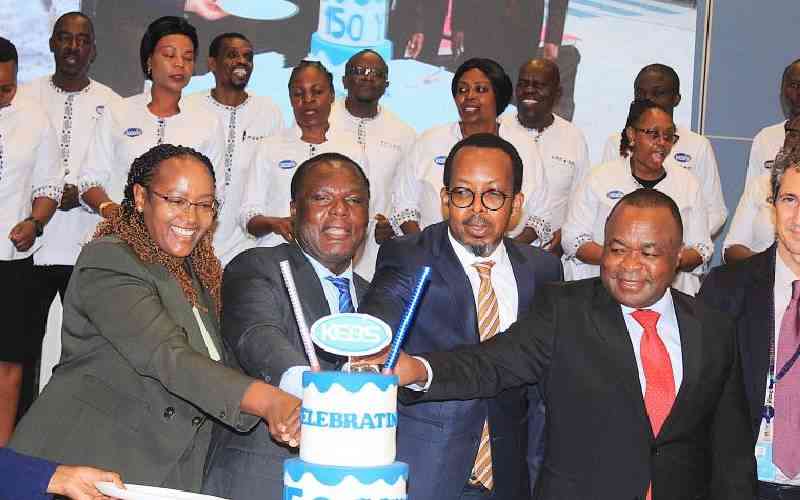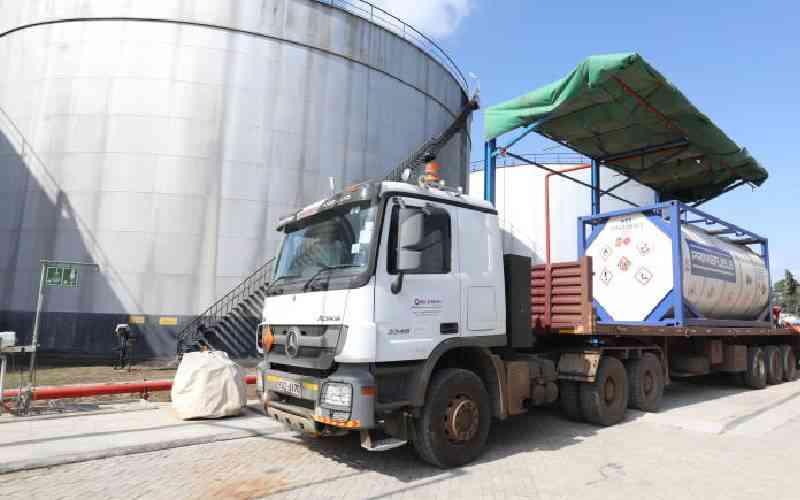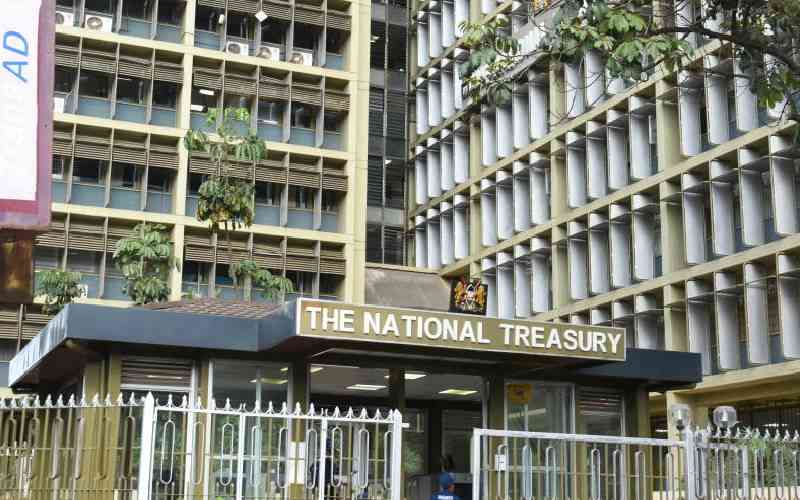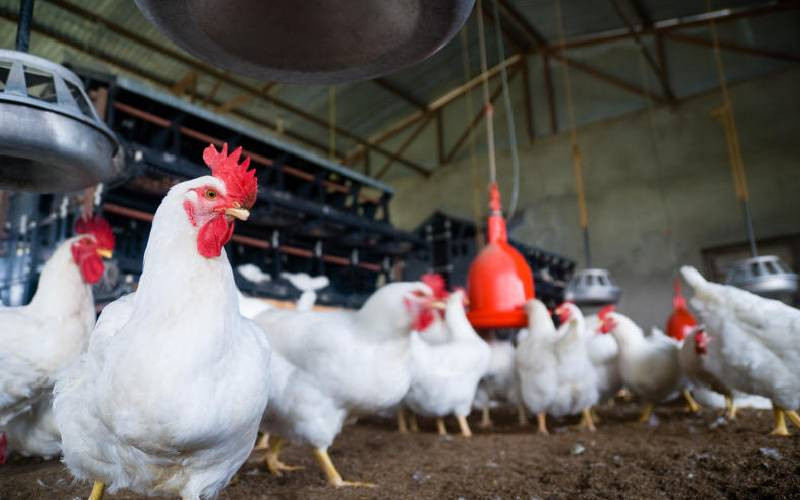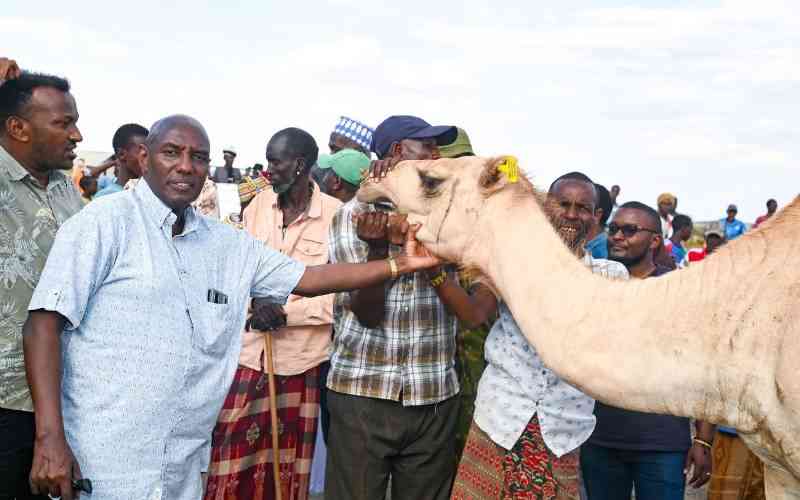
The government has embarked on its Camel restocking initiative targeting households hit by draught.
Through its State Department for the Arid, Semi-Arid Lands (Asals) and Regional Development through the National Drought Management Authority (NDMA) some 100 milking camels were distributed to vulnerable households in Kargi, Laisamis Constituency.
The Ward, becomes the second in Marsabit County after Butiye in Moyale last month where the initiative aimed at cushioning herders from effects of drought was officially launched.
A similar number of camels were given out in Butiye Ward.
The remaining Constituencies of Saku and North Horr are also sent to benefit under similar initiative in coming weeks, that will bring to 400 across Marsabit.
The initiative, implemented in line with President William Ruto’s directive seeks to rebuild livelihoods and strengthen resilience among pastoral households affected by recurrent droughts across Kenya’s arid and semi-arid lands (ASALs).
Principal Secretary for the ASALs and Regional Development, Kello Harsama said the government was committed to restoring the dignity and livelihoods of pastoral communities through sustainable recovery programmes.
“In the ASALs, livestock is not only a source of income but a way of life. Through this (restocking) programme, we are restoring hope, rebuilding livelihoods, and enhancing resilience in line with President Ruto’s Bottom-Up Economic Transformation Agenda,” said Mr Harsama.
The programme is being rolled out across several ASALs counties to support households that lost livestock during previous droughts.
“We are committed to ensuring no one is left behind as we work to transform livelihoods in our arid and semi-arid lands. This is about restoring dignity and resilience, one animal at a time,” the PS added.
He added, "It aims to strengthen food security, boost household incomes, and enhance the adaptive capacity of pastoral families to withstand future climate shocks.”
NDMA estimates that nearly 2 million people remain food-insecure, while about 850,000 children under five years and over 120,000 pregnant and breastfeeding women require acute nutrition support.
"The restocking initiative is part of a holistic resilience-building framework that includes water infrastructure rehabilitation, pipeline extension, irrigation expansion, livestock value-chain development, and early-warning systems—all aimed at restoring livelihoods and promoting long-term climate adaptation," a report by the State corporation reads in part.
Stay informed. Subscribe to our newsletter
It adds; 'to support these interventions, the Government has allocated funds for restocking and drought-recovery efforts across the 23 ASALs counties demonstrating its commitment to the Bottom-Up Economic Transformation Agenda (BETA) and to revitalising pastoral economies'.
In Marsabit, the distributions in Kargi and Butiye mark significant steps in the county’s recovery efforts following recent droughts that decimated herds and severely disrupted livelihoods.
Laisamis MP Joseph Lekuton, who accompanied the PS lauded the initiative as timely, noting that it directly supported households hardest hit by drought.
Mr Lekuton appealed for continued Government investment in drought mitigation, sustainable rangeland management, and support for pastoral economies.
Beneficiaries expressed deep appreciation for the Government’s intervention, saying the camels will help improve household nutrition through milk production, enhance incomes, and help rebuild lives after years of hardship.



